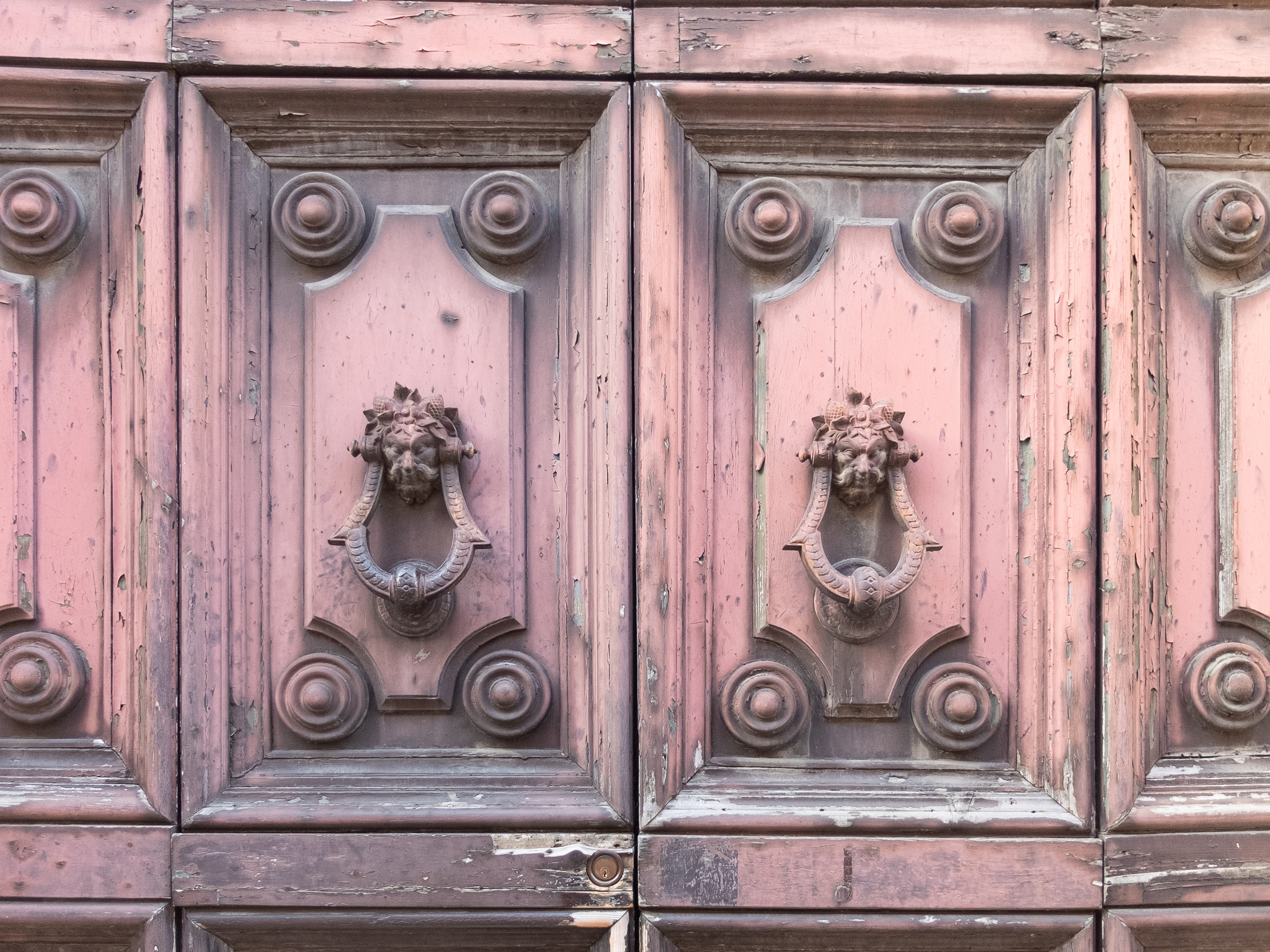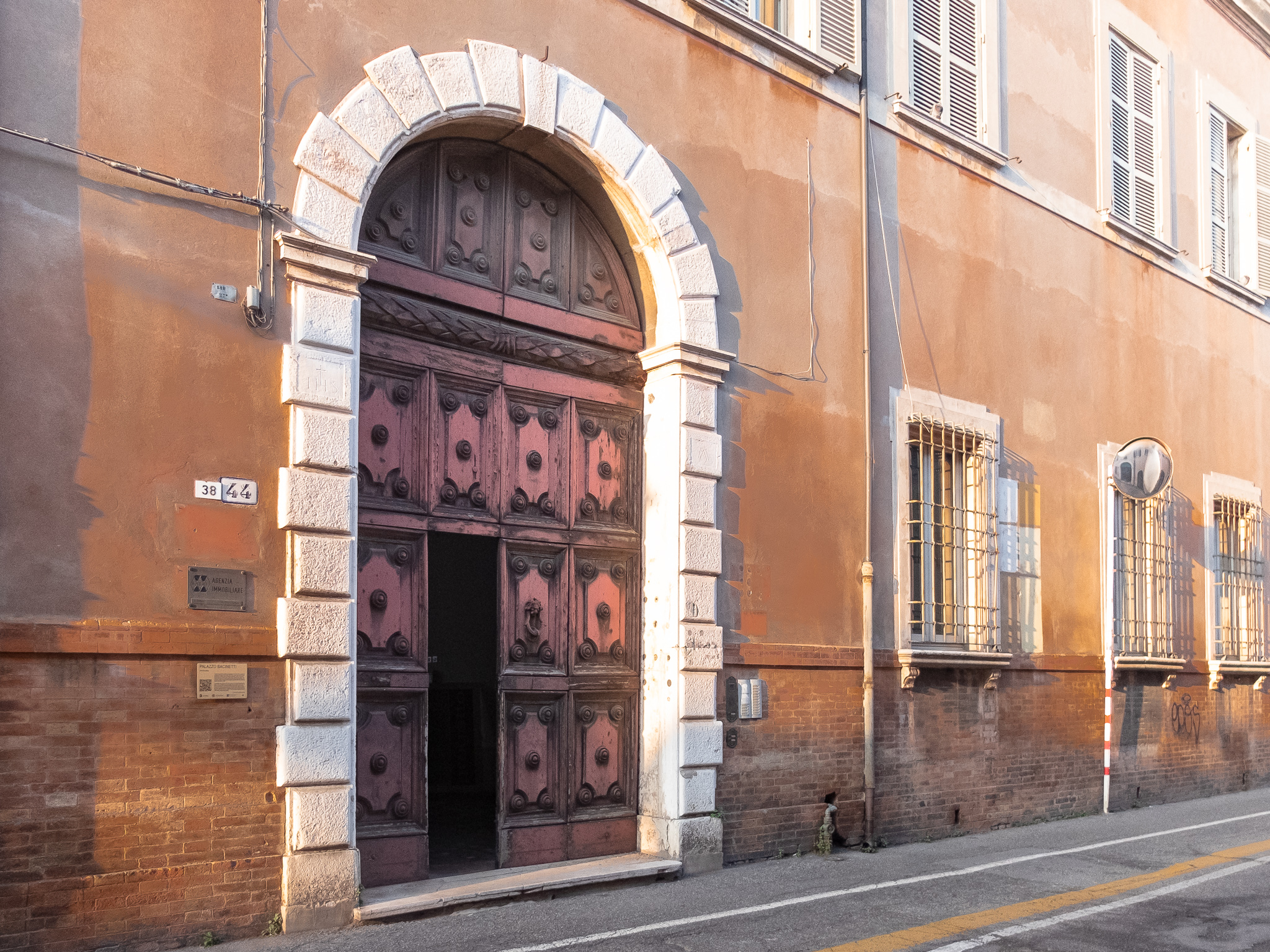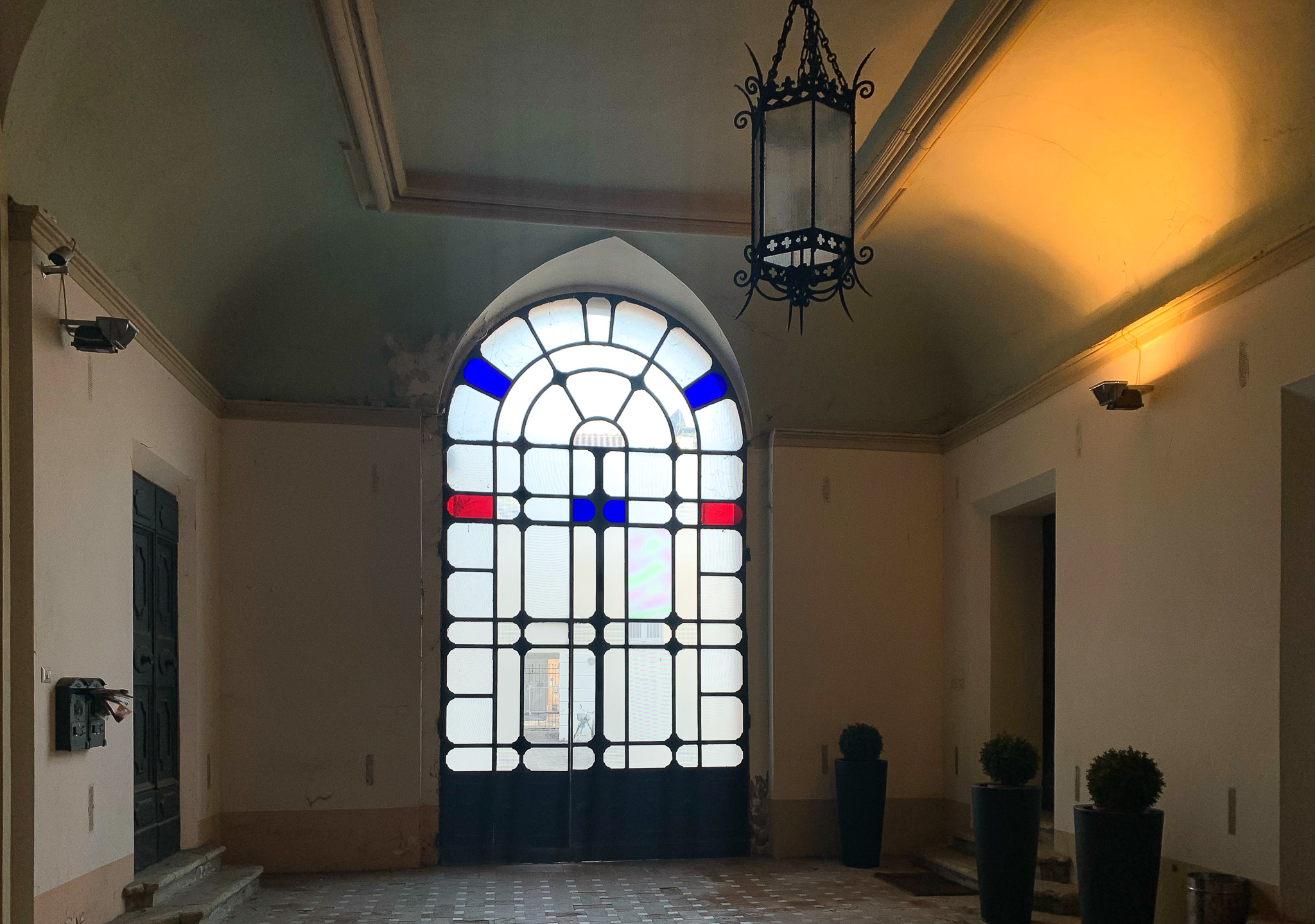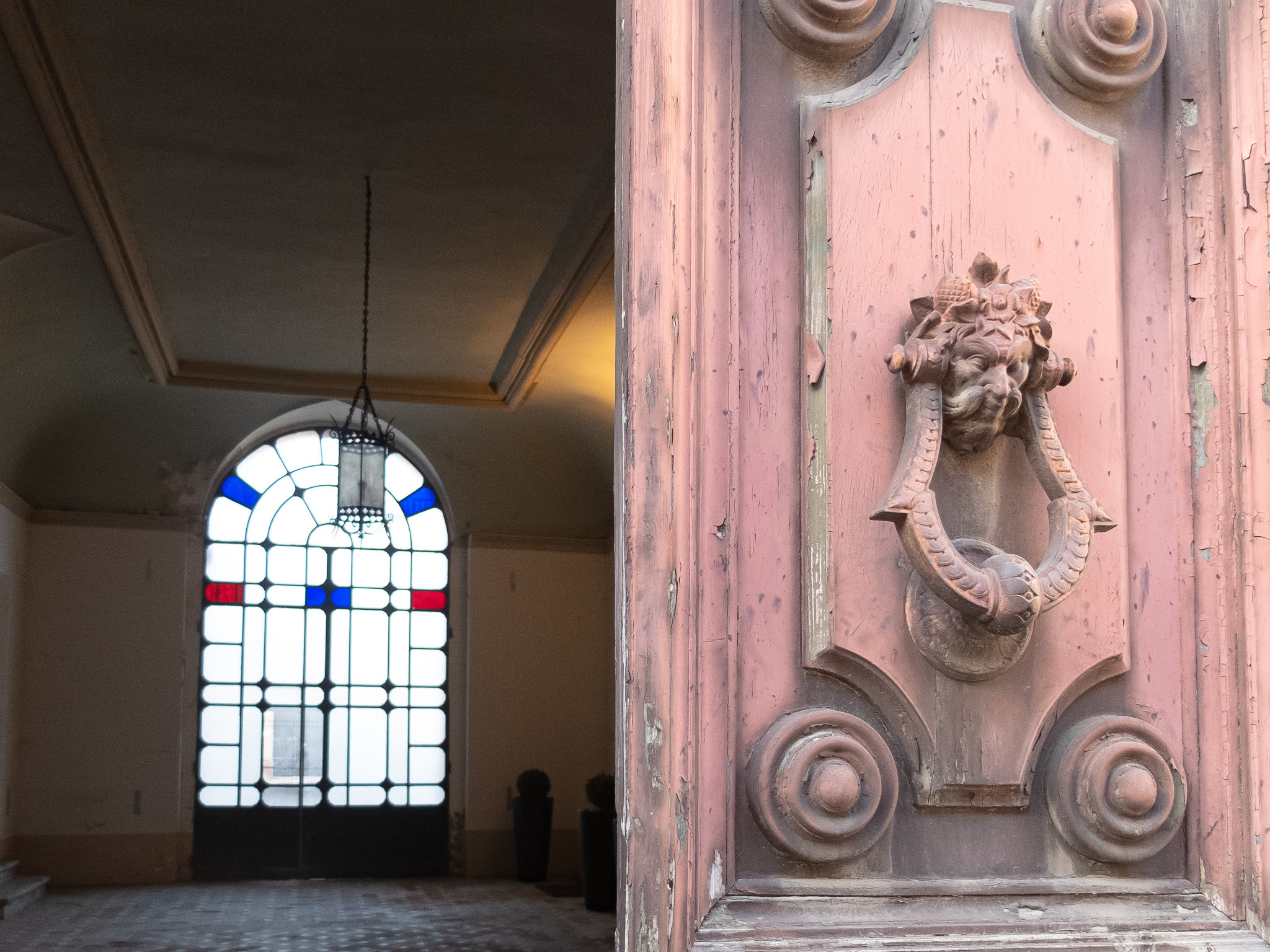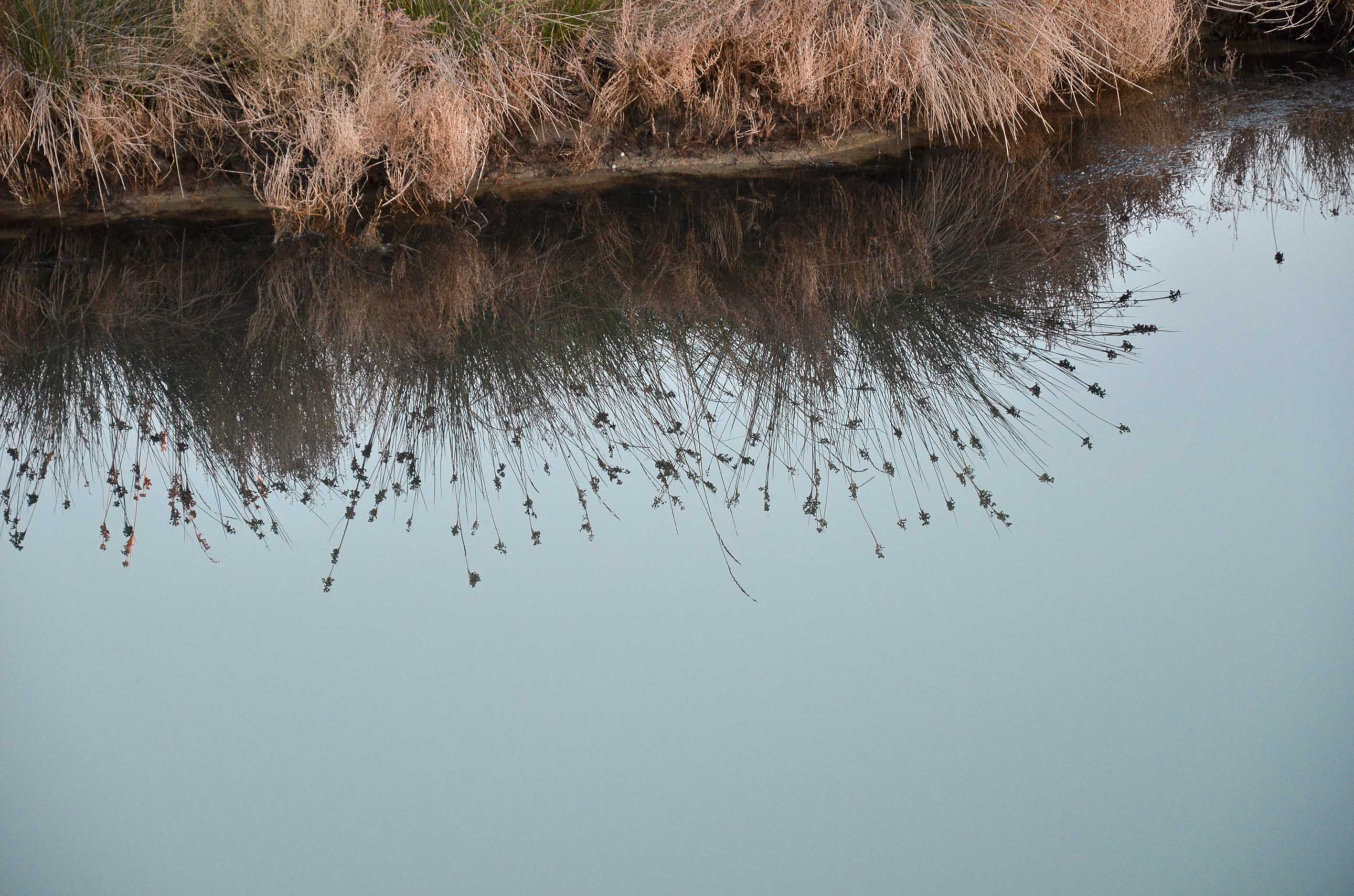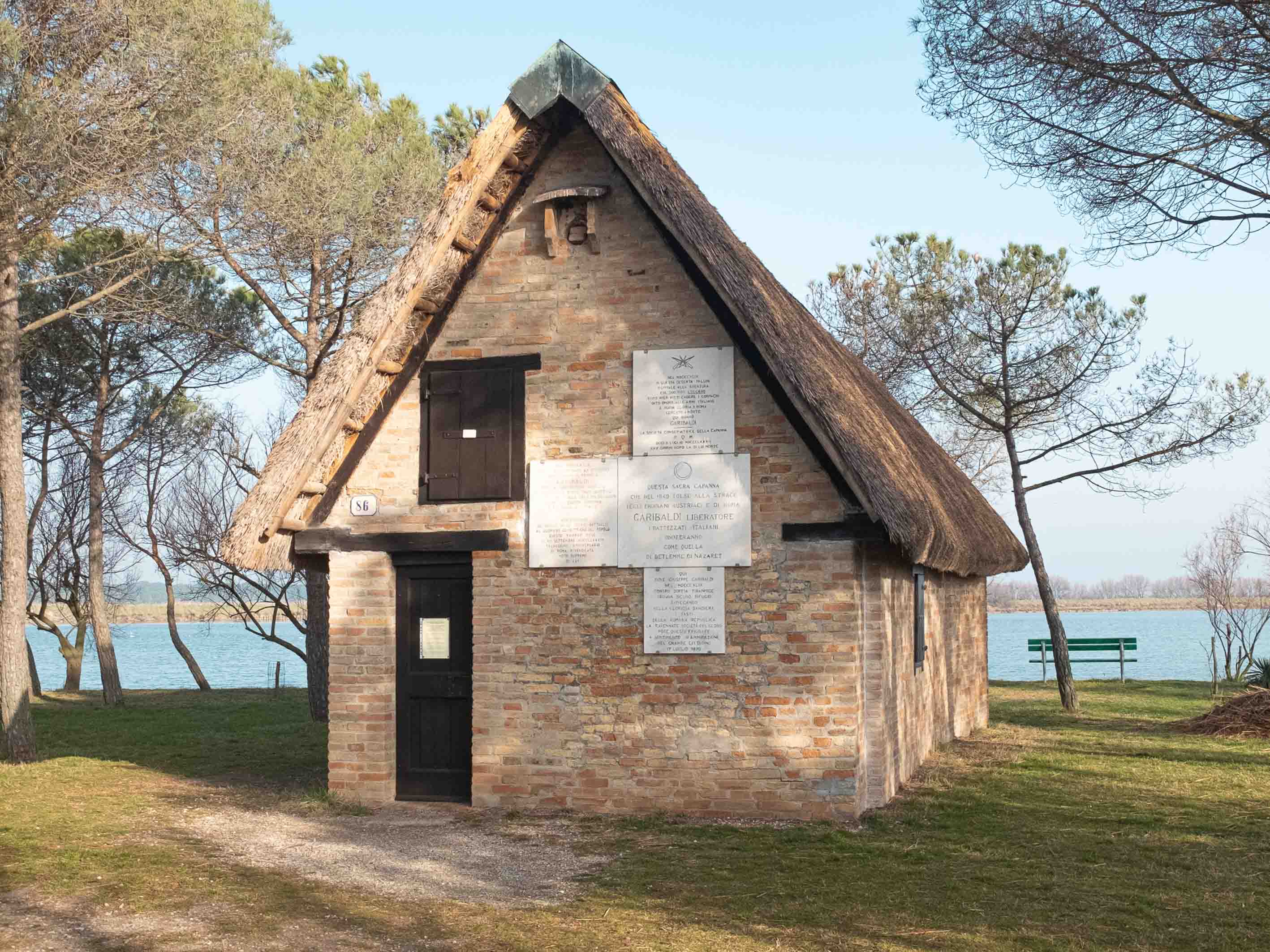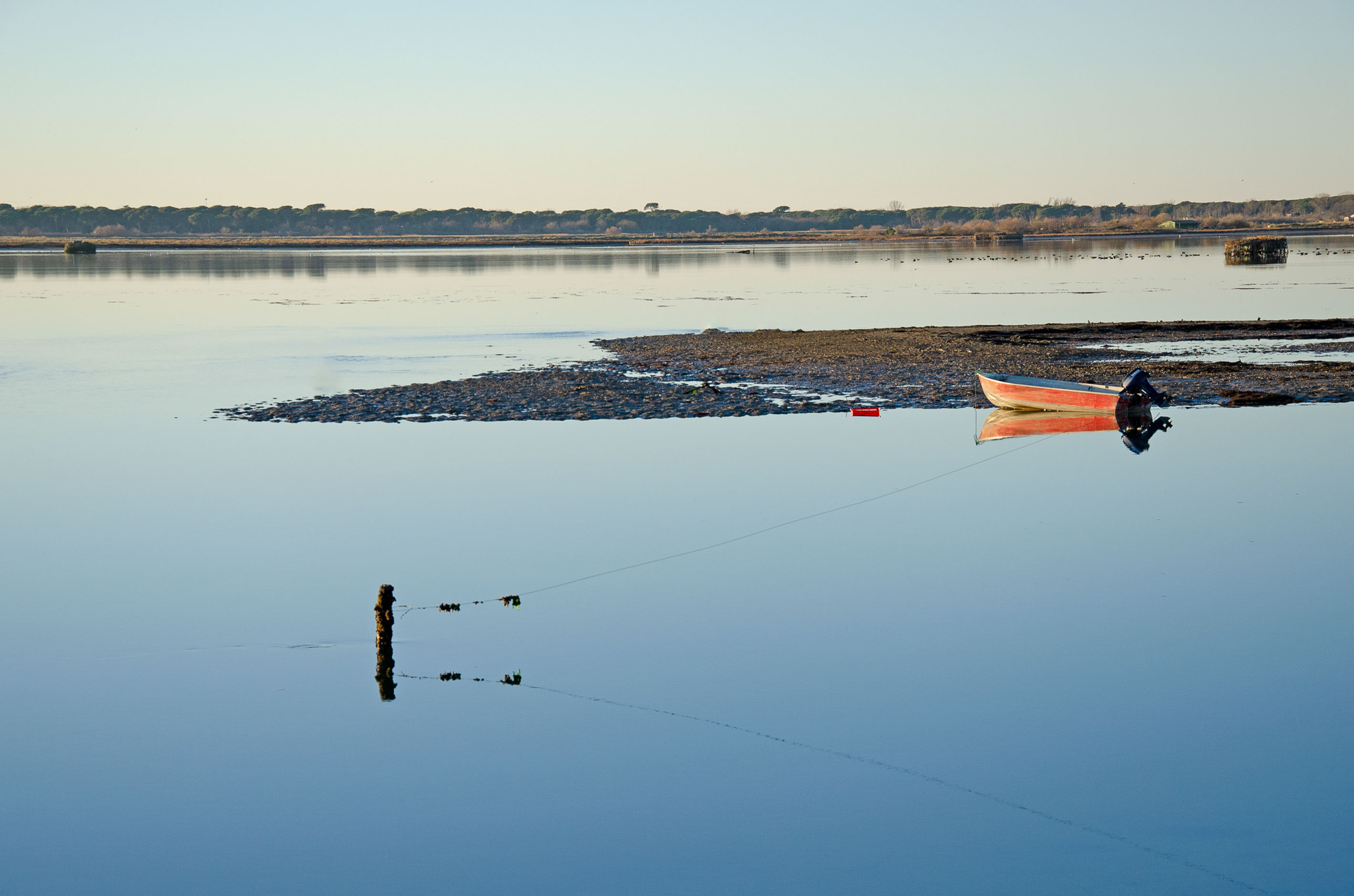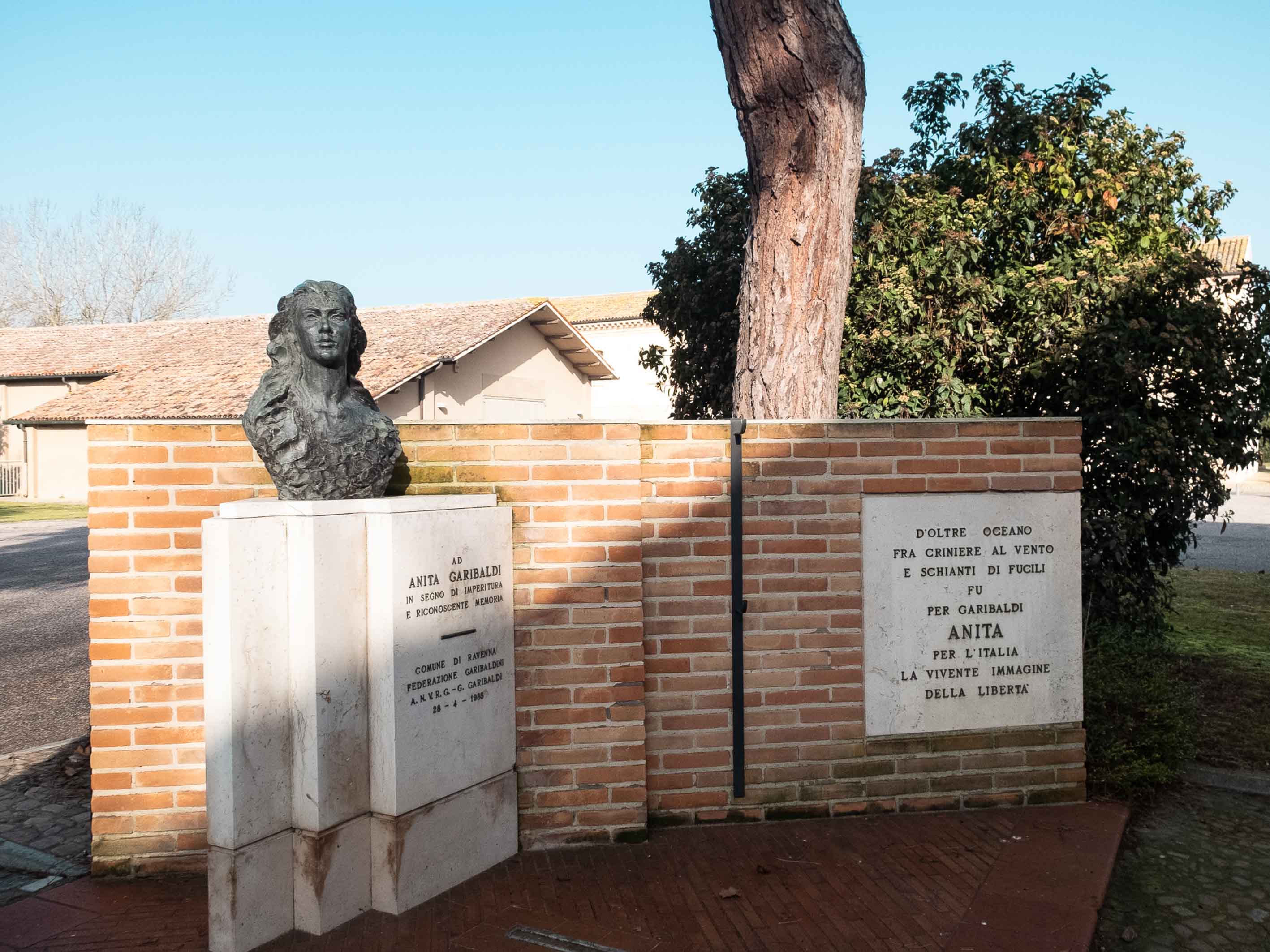Marianna, a woman of celebrated beauty and valued intelligence, was born in Ravenna but spent her life in the most exclusive and cultured circles in Italy and beyond the Alps; Anita was born on the other side of the ocean, in the village of Laguna in the farthest South of Brasile, and found her death amidst Ravenna’s lagoons and pinewoods to remain at the side of the man she loved till the end.
The most beautiful stories need neither to be invented nor to be looked for somewhere far away. They are always in sight. The stories of Marianna Bacinetti and Ana Ribeiro da Silva, better known as Anita Garibaldi, will be narrated by Laura Gramantieri for “Travelling around the corner”.
Laura Gramantieri was born and lives in Ravenna. Curiosity and love for the arts led her to becoming a tour guide in 2002. Narrating the art is for her a passion and an emotion, as well as turning history into living matter. Laura has always cultivated an interest in photography, often favouring the smartphone for her shots; she loves the seaside, the pinewood, and the lagoon.
Marianna Bacinetti
At number 38 of via Massimo d’Azeglio of Ravenna is located Palazzo Bacinetti where Marianna Bacinetti was born in 1802. She was the daughter of Count Pietro Bacinetti and the Countess Laura Rossi. She was considered exceptionally beautiful physically, but also of a gentle and modest personality. At the age of 15, she left school because her parents had arranged for her to marry the much older Marquis Ettore Florenzi of Perugia, three times her age. In 1821, Marianna met Crown Prince Ludwig during the Carnival in Rome. They immediately began an intense relationship that lasted until his death in 1868. It is said that Ludwig wrote Marianna more than 3,000 letters during his lifetime! After the death of Marquis Florenzi, Marianna married Evelyn Waddington, an Englishman who had moved to Perugia, and devoted herself to the study of philosophy, writing and translating. Under the name Marianna Florenzi-Waddington, she played an important role in spreading the reputations in Italy of Kant, Spinoza, Leibniz and especially Schelling, whose Bruno she translated. She was the only woman to have been admitted to the Reale Accademia di Scienze morali et politiche of Napoli. She corresponded with and was held in great esteem by the most celebrated philosophers of the day: Rosmini, Gioberti, Mamiani. Politically she supported Italy’s national-movement and in 1850 published “Some reflections on socialism and communism”, which (like many of her other works) ended up on the church’s Index Librorum Prohibitorum. Marianna died in Florence on 15 April 1870.
Anita Garibaldi
The charm of the landscape, the placid waters rippled by the sea wind, the marshy grasses, the clear air and the flight of waterfowl. A wild corner of nature that has escaped the indelicate hand of man, these are today the marshlands of Ravenna. Surviving corners of incomparable beauty witnesses of a glorious past. Ana Maria de Jesus Ribeiro da Silva, better known as Anita Garibaldi, died in these marshy valleys on August 4th, 1849. Anita died in a place which was very similar to the place where she was born, a borderland where the land smells of water, among dunes, flooded meadows and reeds.
Anita was born in a poor family of Azorean Portuguese descent, herdsmen and fishermen in Laguna, in the south of Brazil. She was the wife and comrade-in-arms of the Italian revolutionary Giuseppe Garibaldi. Anita accompanied Garibaldi and his red-shirted legionnaires back to Italy to join in the revolutions of 1848, where he fought against the armies of the Austrian Empire. In February 1849, Garibaldi took part in the defense of the newly proclaimed Roman Republic against the Neapolitan and French intervention aimed at the restoration of the Papal State. Anita was with her husband in the defense of Rome, which fell as a consequence of a French siege on June 30. She then fled from the French and Austrian troops with the Garibaldian Legion. Pregnant and sick from malaria, she died in the arms of her husband at Guiccioli Farm in Mandriole, near Ravenna, during the tragic retreat.
